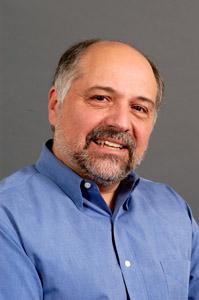"From the End of the World" to the Very Center

by Ted Pulcini, the Thomas Bowman Professor of Religion and Philosophy
Shortly after his election in March 2013, Pope Francis quipped that the cardinals had chosen a pope “from the end of the world”—from the New World, from the southern hemisphere, from the far reaches of Latin America. An outsider had made it to the epicenter of the inside.
Francis’ “outsider” status, however, should not be understood only in geographical terms. Most modern popes had been creations of the Curia, the central government of the Roman Catholic Church, or at least someone cut from the same cloth as the curial caste. Not Francis. His were not the manicured hands of an administrative official; he had more than a few traces of “pastoral dirt” under his fingernails. Though an impressively intelligent Jesuit, he came to Rome not from the rarefied air of the academy but from the heavy atmosphere of pastoral work.
And that is the reality that Pope Francis has been living for the past two and a half years, continually capturing the imagination of the world, to the delight of many and to the consternation of others.
As he arrives in the U.S. for his long-awaited visit, all eyes will be on him for that reason. He perplexes people. At once staunch in principle yet flexible in practice, traditional in discipline yet daring in vision, generous in showing affection yet unapologetic in expecting simplicity. These paradoxical tendencies continually lead people to ask, “Whose side is he on?”
And the answer will be uncertain. But that is the mark of spiritual genius. A spiritual leader who is too easily categorized sometimes ends up being little more than a political ideologue, hailed by some, assailed by others. This man is a spiritual leader who challenges all people at some level, while at the same time encouraging them. He is an endearing yet discomfiting enigma. In short, he is someone who has brought the frayed, untidy edges of “the end of the world” into the smooth, overly neat world of the official center.
And he will, I am certain, do the same during his time here in America.